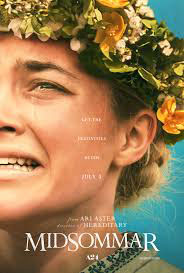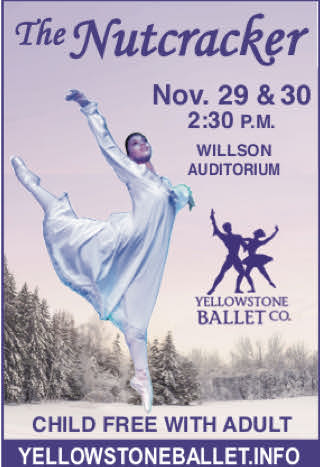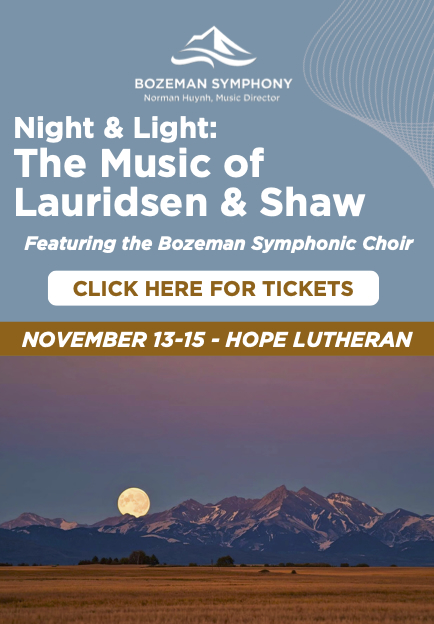Midsommar” Offers a Bright, Joyous Ode to Why We Love Horror
By Joseph Shelton

Anyone who saw “Hereditary”, the brilliant but profoundly unpleasant feature film debut of writer/director Ari Astor, might expect something similar out of “Midsommar”, his follow-up. And, fifteen minutes in, they might be forgiven for thinking that’s what they’re in for when the set up for what follows finds Dani (Florence Pugh, delivering another in a series of excellent performances) wailing inconsolably from loss and despair. After all, Toni Collette spent much of “Hereditary” doing the same. But then, miraculously, “Midsommar” turns on the lights.
Make no mistake, “Midsommar” is another two-and-a-half hour long horror film designed to mash, not press, your buttons. But Astor’s sophomore feature is no slump, and isn’t content to rest on the considerable laurels of its predecessor. Instead, it delivers what I can only describe as a mesmerizing, even funny, ode to the purgative powers of the horror genre.
Dani, her boyfriend Christian, and a few friends including the gentle, Swedish-born Pelle, several of them academics in search of anthropological theses, head to Sweden to attend a once-ever-90-year mid-summer festival in the northern part of Sweden. Anyone who has ever seen “The Wicker Man” (as every horror fan should) will already know that the festival’s brightness, hospitality and essential Swedish-ness will be shown to mask pagan horrors. That most of our young heroes are ritualistically done away with will surprise no one.
But what will surprise those who are able to withstand the sensory onslaught is how light, propulsive, and watchable it all is. Sure it’s long, but its beautiful, and not just beautiful in a drab, despairing way, but genuinely beautiful, with its palate of summer greens, pure white, and bright splashes of wildflowers. In fact, its hard to imagine a brighter, more lovely horror film. Astor himself has described it as something like “The Wizard of Oz’ for perverts”, which is startlingly apt, not just because “Midsommar” mirrors “Oz” in its sudden transition to bright light and color, but also because both Dorothy and Dani end up making friends with monsters. Only in this version the witch, the wizard and the lollipop guild are all rolled into the genial visage of a bunch of happy Swedes.
Explaining a horror film is as likely to sap the unique power away as explaining what makes a joke funny. But I can’t help but suggest that with “Midsommar” Astor has constructed a wonderful, even joyous (albeit disturbing) lyric ode to why we love horror — how it can help to restore us, purge us of our darkest thoughts, and leave us somehow less encumbered than before.






